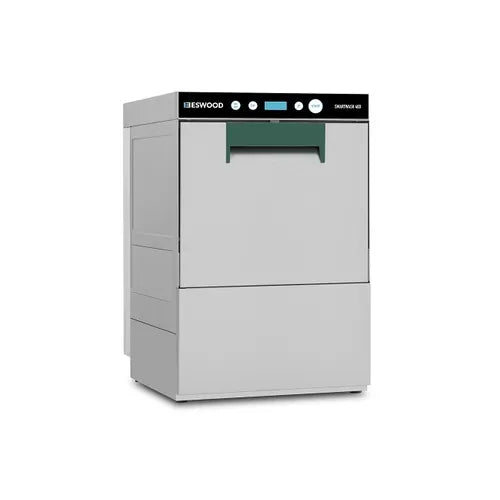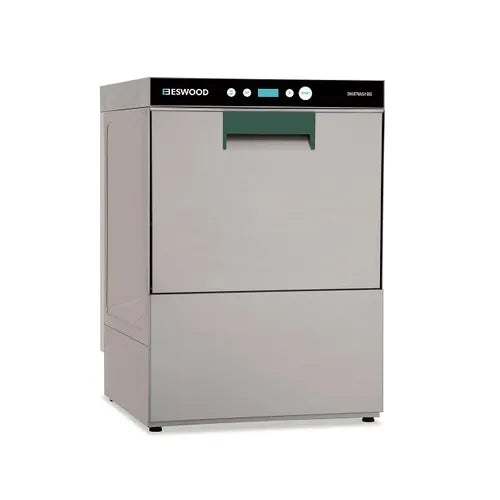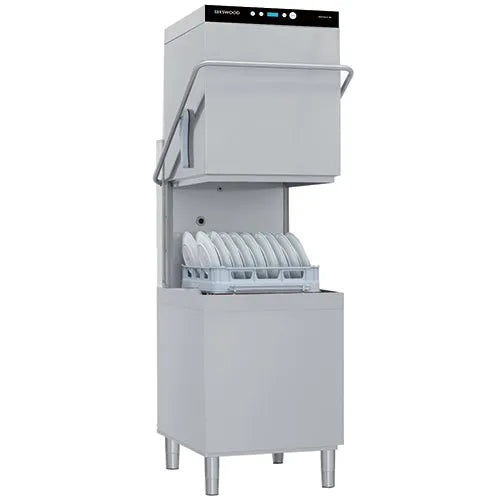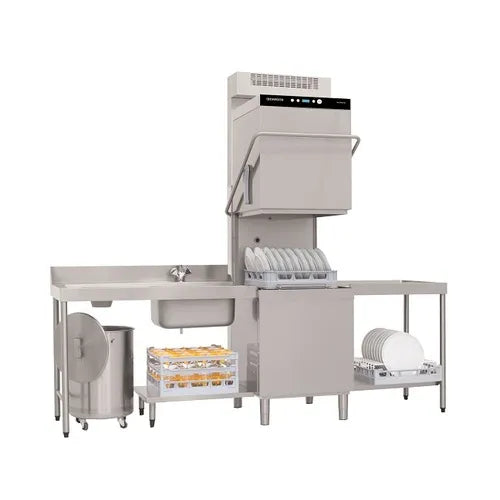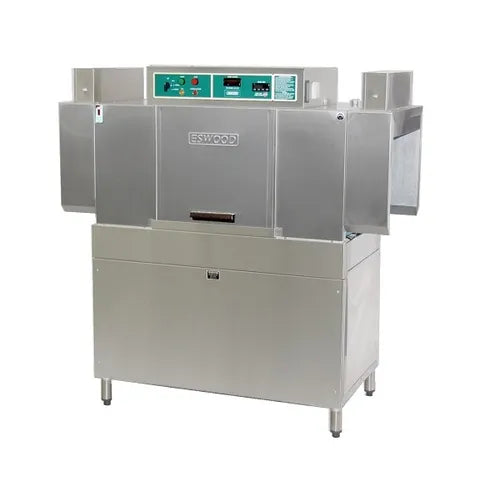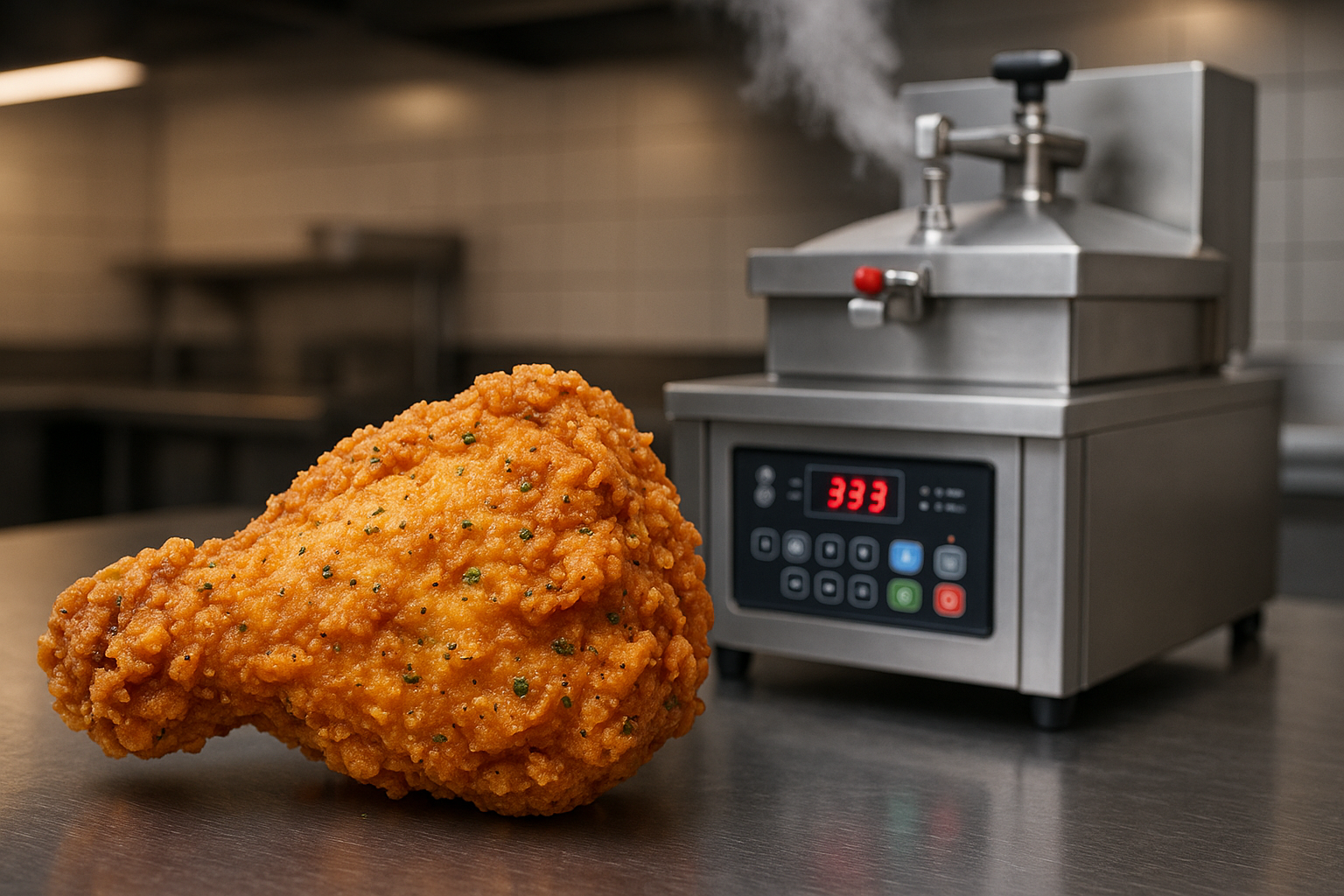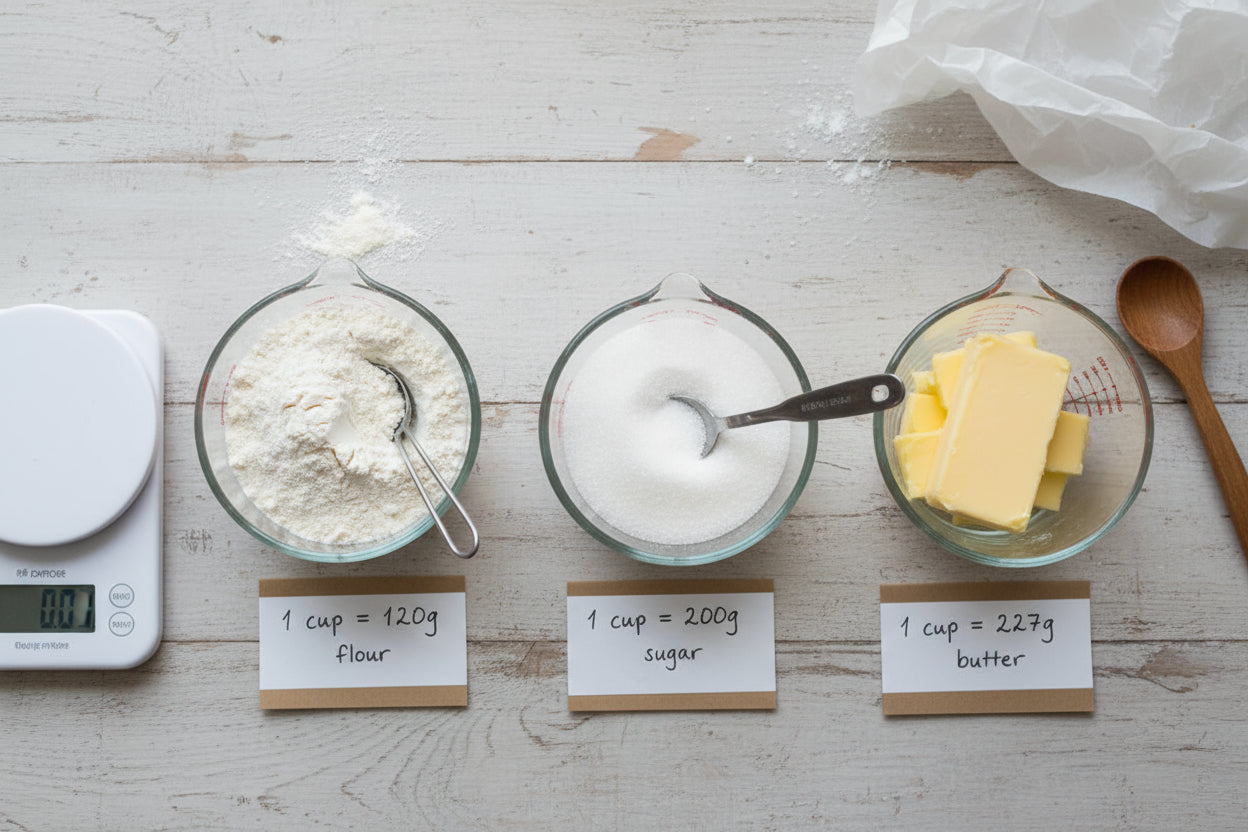When people talk about the irresistible crunch and juiciness of KFC chicken, they're talking about more than just seasoning. While the legendary blend of "11 herbs and spices" grabs attention, the real secret lies in the cooking method—specifically, the pressure fryer.
In this guide, we uncover how KFC achieves that perfect texture and flavor, and why pressure frying has become the gold standard in commercial fried chicken preparation.
🧂 Step One: The Famous KFC Preparation Method
Before it even hits the fryer, KFC chicken goes through a careful prep process:
-
Marinated: Often in a seasoned liquid to tenderize and infuse flavor.
-
Hand-Breaded: Dredged in a proprietary flour-and-spice mix.
-
Rested: The coated chicken is allowed to sit before frying to help the breading stick better.
But none of that matters without the right cooking method—and that’s where the pressure fryer comes in.
🔥 What Is a Pressure Fryer?
A pressure fryer is similar to a deep fryer but with a key difference: it seals the cooking chamber so that pressure builds up during the frying process. This allows food—especially chicken—to cook at lower temperatures and in less time, all while sealing in moisture and flavor.
How It Works:
-
Chicken is placed in hot oil inside a sealed chamber.
-
The lid locks shut, forming a high-pressure environment.
-
Cooking occurs at around 320°F (160°C) with pressure typically ranging from 12–15 psi.
-
The pressure raises the boiling point of water, so moisture stays inside the chicken rather than evaporating.
✅ Benefits of Pressure Frying for Chicken
1. Juicier Meat
The high-pressure environment keeps moisture locked in, resulting in tender, juicy chicken even after it’s cooked through.
2. Faster Cooking Time
Pressure frying significantly reduces cooking time compared to open frying, making it ideal for high-volume commercial kitchens.
3. Crispier, Consistent Coating
Because moisture doesn’t escape as easily, the breading crisps up without burning, ensuring a golden-brown crunch every time.
4. Improved Oil Efficiency
The closed system prevents oil degradation from constant air exposure, so oil lasts longer and maintains better quality.
🏭 Why KFC Uses Pressure Frying
KFC began using pressure fryers in the 1950s, thanks to Colonel Sanders himself, who realized this method produced the perfect balance of flavor, texture, and efficiency.
Today, nearly all KFC restaurants use commercial pressure fryers, which are custom-made for their operations. These industrial units are designed to cook large batches of chicken quickly, meeting customer demand without compromising quality.
🍽️ Can You Pressure Fry at Home?
While pressure frying is common in commercial kitchens, it's not suitable for standard home pressure cookers (like Instant Pots), which are not designed for oil frying and can be extremely dangerous if misused.
However, countertop pressure fryers are available for small-scale use in food trucks, cafes, and boutique kitchens—just be sure they are specifically rated for frying with oil.
🧯 Safety Tip:
Only use equipment that is certified for pressure frying. Pressure + hot oil can be volatile without the right safety mechanisms like:
-
Pressure release valves
-
Locking lids
-
Automatic temperature controls
🔚 Final Thoughts: The Pressure Fryer is the Real KFC Secret
While KFC's recipe remains closely guarded, the method is no mystery. It’s the pressure frying process that makes their chicken uniquely juicy, tender, and crisp—setting it apart from regular deep-fried alternatives.
For restaurateurs and chefs looking to replicate that KFC-style chicken, investing in a commercial pressure fryer is the key to achieving consistent, high-quality results that your customers will love.


